It’s no secret that Australia is bracing for one of the most intense influenza seasons in recent memory, with confirmed case numbers already reaching 89,165. And it’s not even winter yet – when influenza cases really start to take off.
Alarmingly, influenza vaccination is also at its lowest in some time, particularly among young children.
According to Dr Anthea Rhodes, paediatrician and Director of the Royal Children’s Hospital National Child Health Poll, the convergence of early flu activity and low vaccination rates is creating a perfect storm for severe illness and hospitalisation.
‘We were really struck, in the latest National Child Health Poll, how much confusion there still is among parents about whether or not it’s recommended for kids [and] whether or not it’s worthwhile,’ said Dr Rhodes on 774 ABC Radio Melbourne.
Why are the vaccination rates so low?
There has been an uptick in the number of children hospitalised for influenza in Victoria, Dr Rhodes said. But one of the most troubling revelations this season is the low rate of flu vaccination among children under 5 years of age, with just 13.9% of children in this age cohort receiving the vaccine.
‘As a community, we still think about flu as being an older person’s illness,’ she said. ‘But in fact, younger kids, between 6 months and 5 years are the group second most likely to be hospitalised … with complications of flu.’
ONLY 3.9% of children < 5 years are up to date with flu vaccination.
Those complications include pneumonia – one of the leading causes of hospitalisation among Australian children.
Worryingly, many parents still view influenza as a mild illness in otherwise healthy kids, a perception Dr Rhodes says is both outdated and dangerous.
‘A third of parent respondents to the … poll indicated that they weren’t aware that healthy kids can [get] seriously unwell from influenza,’ she said. ‘Around half of serious cases are in previously completely well children. So this is a serious illness that can affect any child.’
Compounding the problem is a widespread misunderstanding about the need for annual vaccination.
‘Because the flu virus … keeps changing and moving around the world, we have to have a vaccine each year to get the best match for the strain that’s in the community,’ Dr Rhodes said. ‘And people aren’t aware of that.’
The National Child Health Poll also uncovered psychological barriers to vaccination, with rising rates of needle phobia among children.
‘We found that in children over 4, nearly a quarter are described as having a severe fear of needles, and 13% had parents tell us that’s the reason why they couldn’t have the flu vaccine,’ Dr Rhodes said.
‘Around half of serious cases are in previously completely well children. So this is a serious illness that can affect any child.’
DR ANTHEA RHODES
This fear often stems from a combination of anxiety and early negative experiences, such as those during the COVID-19 vaccine rollout.
‘Not everyone had a positive experience, [so] what we’re seeing now is some of those kids coming back really fearful and avoiding having other vaccinations.’
Filling in childhood vaccination gaps
There is a naivety about the difference between a cold and the flu, said Karen Brown MPS, pharmacist at TerryWhite Chemmart in Arana Hills, Brisbane who regularly administers influenza vaccines to children 6 months and older.
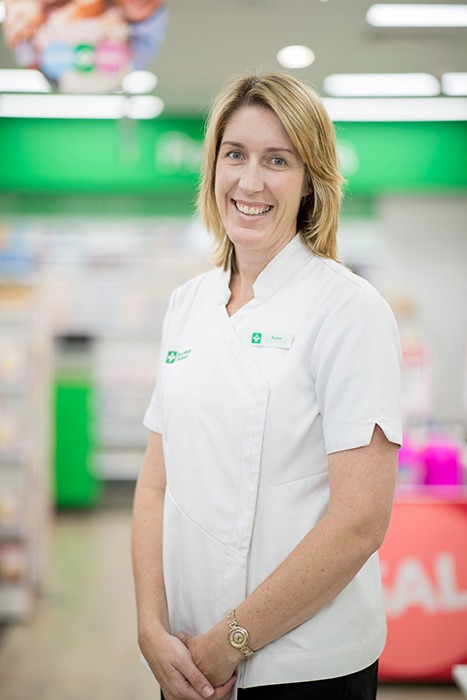
‘Even if they don’t get sick enough to go to hospital, that parent doesn’t have time to have a week off work to care for their child,’ she said.
While there has consistently been a focus on herd immunity and protecting those most vulnerable, the cost of living pressures has brought a new variable to the equation.
‘It’s always been about protecting grandma and grandpa, but now they realise, particularly if they know people who have had influenza, that if you have a really sick child for a week, it has a huge impact on your life.’
Ms Brown has been at the forefront of paediatric flu vaccination ever since Queensland allowed pharmacists to administer the vaccine to young children.
Her pharmacy has become a trusted destination for families due to its clear messaging and consistent availability.
‘We know what we’re doing. We do every age group. There’s no ‘will they won’t they?’ They just know 7 days a week that they can walk in,’ Ms Brown said. ‘They know we’ll always have the stock, we know the rules and the regulations, and they can walk in after school. We make it a really simple process.’
While infants and toddlers are a ‘piece of cake’ primary-school-aged children can be more challenging.
‘They know what’s going on and they’ve got an opinion,’ she said.
But Brown and her team use a combination of humour, distraction and engagement to ease anxiety, with the pharmacy’s vaccination room decorated with caricatures of staff in a ‘Where’s Wally’-style poster to amuse their young patients
‘We’ll say to the kids, “Will I vaccinate you quicker than it takes for you to find my face?”’ she said.
Engaging children on their level is also crucial. “If they walk in with a superhero shirt on, you can say, “Who’s your favourite superhero? What would Spider-Man do?’” she said.
Tackling rising needlephobia among children
While needlephobia is growing in prominence, there are ways to address, said Ms Brown – citing an example of a 6-year-old boy who was diagnosed with leukaemia 12 months earlier.
‘His mum gave us the heads up and said he is petrified of needles as a result of getting lots of chemo,’ she said.
In such cases, the key is to empower the child.
‘We said, “this is how it’s going to feel compared to having blood taken or having an infusion”. He also understood how important it was for him to get vaccinated to protect his immune system.’
Post-vaccination, it’s important to debrief with the child to prime them for the next time around.
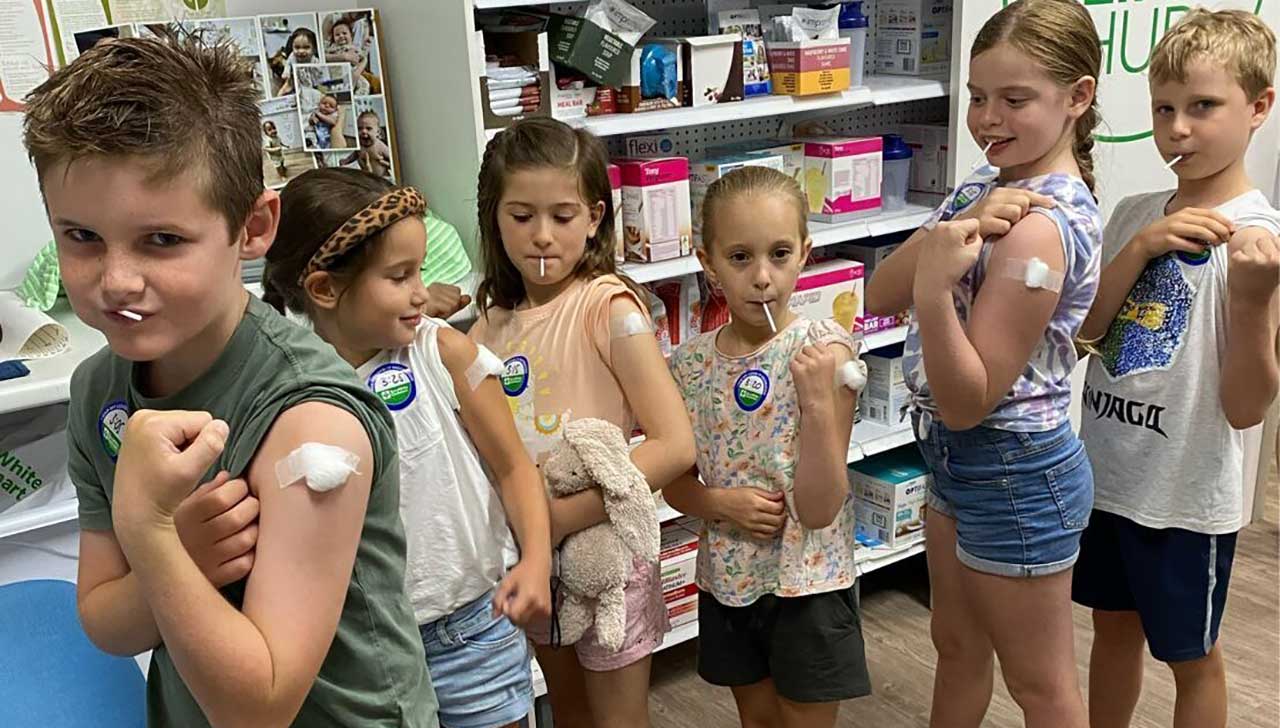
‘For example, you could say “remember for next time that you didn’t even feel me do it, and it’s not as bad as you thought”.’
Building trust and long-term loyalty
Childhood vaccination can be a powerful tool for pharmacies to build community trust.
‘That vaccine experience is a very good way to breed loyalty,’ Ms Brown said. ‘They will be customers of yours ongoing.’
‘Kid’s consults can be way more fun than the adult ones. You can have a really good time. Some of them can be really cheeky, funny, sassy, and you get a lot of reward out of it.’
karen brown MPS
For hesitant pharmacists, she recommends administering your first vaccination to a child you’re familiar with – whether a family friend, someone from the local sporting club or a staff member’s child.
‘It’s almost like a trial,’ she said. ‘For example with COVID-19 vaccinations during the pandemic, my kids who were 7 and 8 years old at the time brought all their friends in, so they all did it together.’
And from there, it just gets easier. ‘Kid’s consults can be way more fun than the adult ones. You can have a really good time. Some of them can be really cheeky, funny, sassy, and you get a lot of reward out of it.’
There are several session dedicated to vaccination at PSA25, held in Sydney from 1–3 August. Register here to attend.


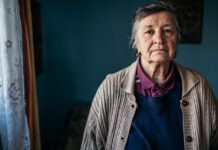
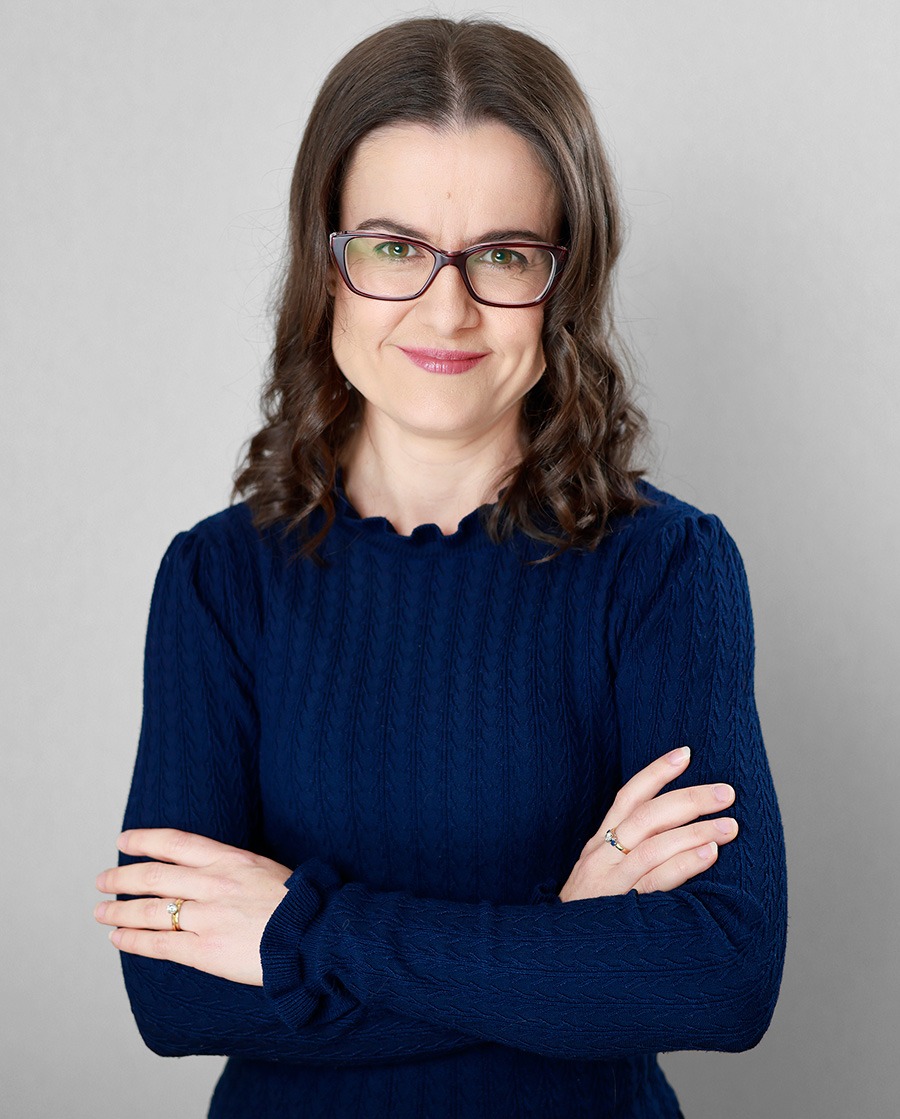 Kelly Abbott MPS[/caption]
Kelly Abbott MPS[/caption]
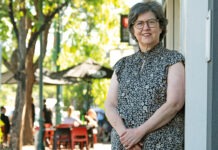

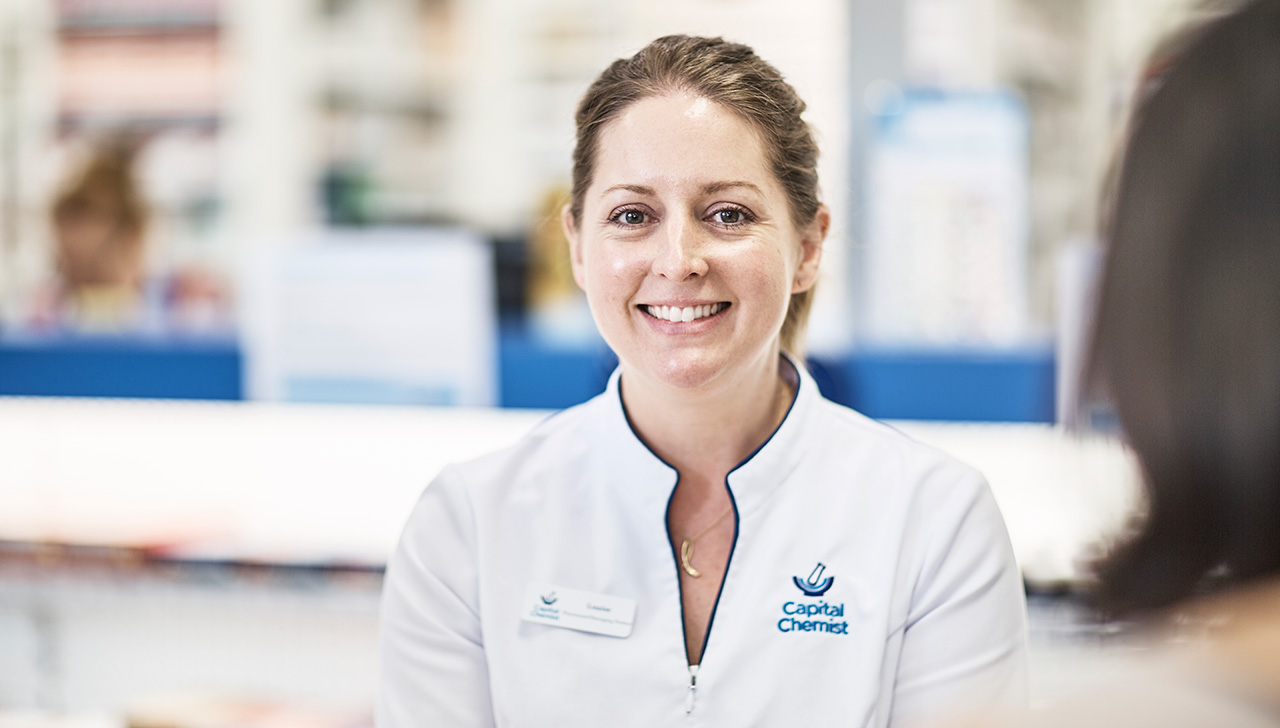 Owner of Canberra's Capital Chemist Southlands Louise McLean MPS.[/caption]
Owner of Canberra's Capital Chemist Southlands Louise McLean MPS.[/caption]

 Supplied by CSL Seqirus[/caption]
Supplied by CSL Seqirus[/caption]







